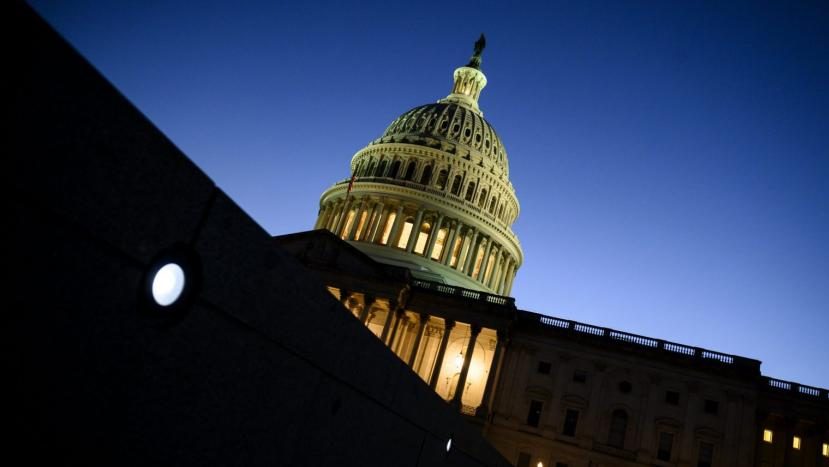Sources familiar with the situation in north and northeastern Syria, under the influence of the Turkish occupation and the separatist SDF militias, revealed that the U.S. administration’s effort to sign the exclusion of these areas from the unilateral coercive measures stipulated by the Caesar Act was frozen “until the appropriate circumstances.”
The sources told Al-Watan that the so-called Kurdish separatist autonomous administration, which manages the SDF areas, has recently asked the administration of U.S. President Joe Biden to receive a delegation to find out the reasons for the delay in the decision to exclude its areas of dominance from the Caesar Act. However, its request was rejected, at least for the time being. The reasons are the administration’s preoccupation with vital, pressing, and more important issues, primarily the Russian military operation in Ukraine.
The sources pointed out that the information indicates that the promises of the U.S. administration to sign the exemption decision Caesar Act, was supposed to happen before the arrival of Nowruz, on March 2nd. The purpose of that was to enhance investment opportunities in the northeastern regions of Syria and revive its economy dilapidated by the policies of separatist militias and discriminatory racism. However, it was postponed and shelved, despite active efforts to “finalize it”, according to press reports at the time.
Read Also: Syria: Time to Shed Light on Crimes of “International Coalition” in Raqqa
The sources attributed the reasons for the delay to several things, including the division within the Syrian team in the Biden administration regarding “essential” issues in the decision to exclude private companies and businessmen to invest in infrastructure. The U.S. Treasury Department objected to the draft resolution in its final form, which was intended to urgently get implemented in the SDF-controlled areas in the north-east of the country and in the areas of the so-called “Euphrates Shield” in the north, with the exception of the Afrin region, which is under the Turkish occupation and the areas controlled by the terrorist Jabhat al-Nusra organization, and its supporter Hay’at Tahrir al-Sham, in Idleb and nearby countryside.
In other news, a source in the SDF militia, who preferred not to be named, told al-Watan: There are currently no companies and investment groups encouraged to apply for investment licenses in areas of militia influence because they are experiencing unrest and their future is unclear.
The source stressed that basically there is no strict enforcement of the implementation of Caesar’s sanctions on the areas of SDF control, in order to encourage foreign investments in them, because they are not linked to the Syrian government
The source pointed out that the absence of a banking structure that qualifies areas of control of autonomous-management for such exceptions, as well as operational and logistical constraints such as the closure of its borders and the absence of its own currency or the adoption of foreign currencies such as the dollar and the euro, are all obstacles that delay the signing of the resolution.
This article was translated and edited by The Syrian Observer. The Syrian Observer has not verified the content of this story. Responsibility for the information and views set out in this article lies entirely with the author.


